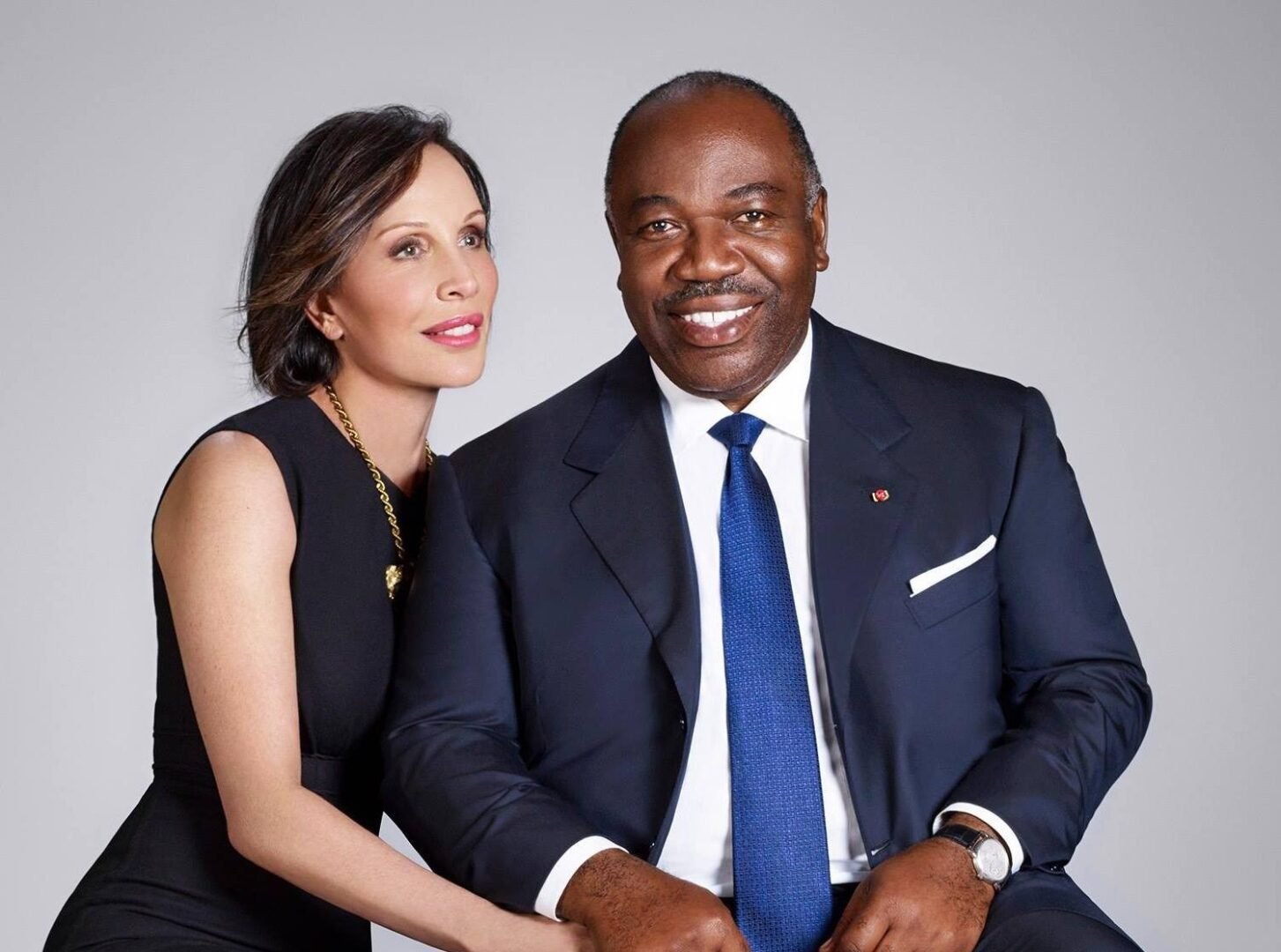LIBREVILLE, GABON — Following his removal from power in a 2023 coup, former Gabonese President Ali Bongo has relocated to Angola, as confirmed by Angolan authorities.
A statement released by the Angolan Presidency via social media indicated that Bongo’s family, previously detained, has joined him in Luanda.
The former President’s wife, Sylvia Bongo, and son, Noureddin Bongo, had been held in custody since 2023 on corruption charges. While they have not issued public statements regarding these allegations, Mrs. Bongo’s legal representative has characterized her detention as “arbitrary and illegal.”
Their release occurred after Angolan President João Lourenço, who currently serves as the African Union’s chairperson, engaged in discussions with Gabonese President Brice Oligui Nguema in Libreville.
Oligui Nguema, the former general who led the coup against Bongo, recently secured a landslide victory in the country’s presidential elections.
Gabonese Prosecutor Eddy Minang clarified that the release of Mrs. Bongo and her son is provisional, citing health concerns, and that legal proceedings against them will persist.
Images released by the Angolan presidency depicted Bongo’s arrival at the airport, with a woman, presumably his wife, visible in the background.
Ali Bongo, who succeeded his father Omar Bongo after his four-decade rule, governed Gabon for 14 years until his ousting.
Subsequent to the coup, he was placed under house arrest, with Gabonese authorities maintaining that he enjoyed freedom of movement. His wife and son were imprisoned and released earlier this week, following a request from their lawyer, according to Prosecutor Minang.
Opposition leader Alain Claude Bilie-by-Nze attributed the family’s release to “international demands after what everyone understood to be an abuse of power,” suggesting that President Oligui Nguema yielded to external pressure.
Sylvia and Noureddin Bongo face accusations of embezzling public funds, with Mrs. Bongo specifically charged with forgery, money laundering, and document falsification. Bongo himself had publicly condemned the “violence and torture” he claimed his wife and son endured, although authorities denied any mistreatment.
The Bongo family’s 14-year tenure was marked by allegations of personal enrichment at the expense of the nation, which they have consistently denied. Despite Gabon’s status as an oil-rich country, a significant portion of its population lives below the poverty line, as reported by the United Nations.
In a move signaling improved relations with regional counterparts, the African Union reinstated Gabon’s membership late last month, following its suspension due to the coup.
African Union chairman Mahmoud Ali Youssouf expressed hope that “Gabon’s example will inspire similar pathways toward constitutional restoration across the continent.”
This comes at a time when military leaders in West African nations such as Mali, Niger, and Burkina Faso have resisted calls for a return to civilian rule.


